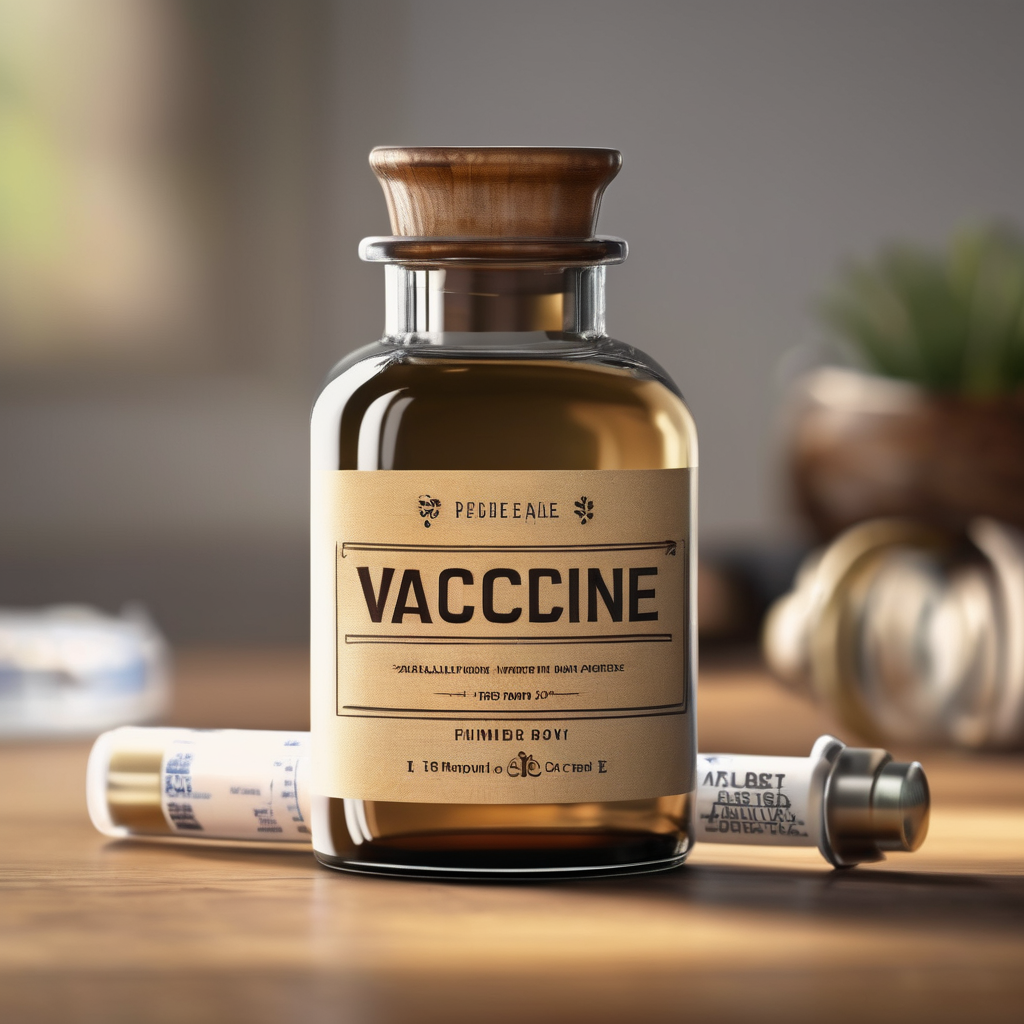Fiji has achieved a significant milestone in public health by officially eliminating measles, rubella, and trachoma. This historic advancement, recognized by the World Health Organization (WHO), underscores decades of dedicated efforts by healthcare professionals, communities, and international partners. Health Minister Dr. Antonio Lalabalavu announced this breakthrough in Parliament, emphasizing the continuous commitment to ensuring a future free from preventable diseases.
The achievement builds on Fiji’s prior success in eradicating polio in 2000 and illustrates a sustainable push towards health equity and disease prevention. Dr. Lalabalavu highlighted the severe impact measles once had in Fiji, including a devastating epidemic in 1875 that resulted in a significant portion of the population being lost. Rubella poses risks for severe birth defects, and trachoma has historically caused blindness.
Through ongoing vaccination campaigns, enhanced medical services, hygiene education, and community engagement, these diseases have now been successfully controlled. The WHO’s verification process involved rigorous assessments, confirming Fiji’s lack of endemic transmission of measles and rubella for over 12 months, alongside reducing trachoma prevalence to under one percent.
The Minister credited healthcare workers, local authorities, and international organizations such as WHO and UNICEF for their collaborative efforts in reaching this goal. However, he stressed that maintaining this status will require continued vigilance, high vaccination coverage, and swift action to respond to potential imported cases.
This accomplishment holds considerable social and economic benefits for Fiji. By averting outbreaks of these preventable diseases, Fiji will save on healthcare costs, enhance productivity, and reduce the incidence of long-term disabilities. Improved public health outcomes will lead to better school attendance and stronger equity among communities, particularly supporting vulnerable populations like women and children.
Furthermore, Dr. Lalabalavu remarked on Fiji’s emerging reputation as a leader in regional public health following this milestone. The integration of programs targeting immunization, disease surveillance, sanitation, and hygiene initiatives will be vital to sustaining these successes.
Fiji’s journey to eliminating measles, rubella, and trachoma serves as a model of collaborative initiatives in public health, showcasing the potential for improved health outcomes and a hopeful future for generations to come. The collective efforts of the government and health partners reflect a promising pathway toward ongoing advancements in global health.
